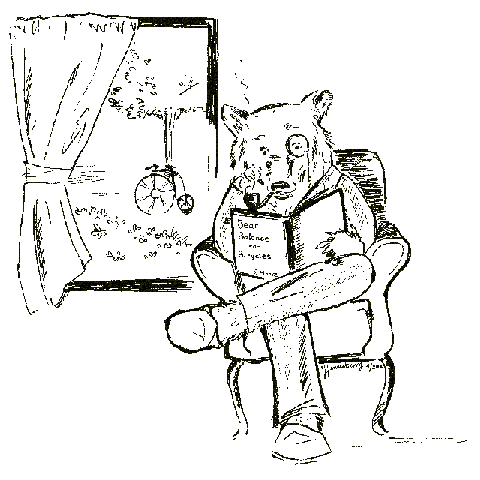
Sequential image of a skateboarder performing an ollie. CC-BY-SA Wikipedia
Skateboarders learn complex tricks and aerial maneuvers through primary observation in conjunction with trial and error. Learning any new trick entails danger, as the likelihood of a fall is higher during the learning process because the correct muscle memory has not been established. There a number of articles that expound on the public health issues around injuries in skateboarding, see [Shuman2015] for an example. There is a need, especially for beginners, for training and practicing methods and/or designed equipments and terrain that can accelerate learning the fundamental tricks while simultaneously reducing the falls incurred in the process. Our partner, the US Skateboard Education Association, is developing training techniques for skateboard educators to safely teach. They are interested studying several of the fundamental tricks that beginners focus on: having a safe and fun first experience (no falls), developing a good stance, the ollie, dropping in to a ramp, pumping on different common ramps, ramp coping grinds, etc. The purpose of this project is to develop techniques and assistive terrain and equipment to accelerate learning and increase safety for beginners learning fundamental skateboarding tricks. The researcher will use their knowledge of biomechanics to study novice and expert performance of the tricks, develop experimental or model backed learning procedures, and use the dynamics of the tricks to discover optimal terrain and skateboard designs (materials and geometry) to progressively learn the tricks. The project is fairly open ended in terms of what fundi tel tricks to focus on and the methods to arrive at the results.
Skills
- 2D and 3D kinematics and dynamics
- mechanical design
- optimization based design
- motion capture and tracking
References
| [Shuman2015] | Kristin M. Shuman & Michael C. Meyers (2015) Skateboarding injuries: An updated review, The Physician and Sportsmedicine, 43:3, 317-323, DOI:10.1080/00913847.2015.1050953 |
See also
- The "Loose the Training Wheels" program designs a series of unique bicycles that allow learners to progressively lower the safety in stability while learning to ride bicycles.
- The Ollie: https://en.wikipedia.org/wiki/Ollie_(skateboarding)
How To Apply
If you would like to apply for this project, please send an approximately half page letter explaining your motivations and interest in the lab and project, CV or resume, a list of courses you've taken, the name of your MSc track, and any other relevant information to j.k.moore@tudelft.nl.

